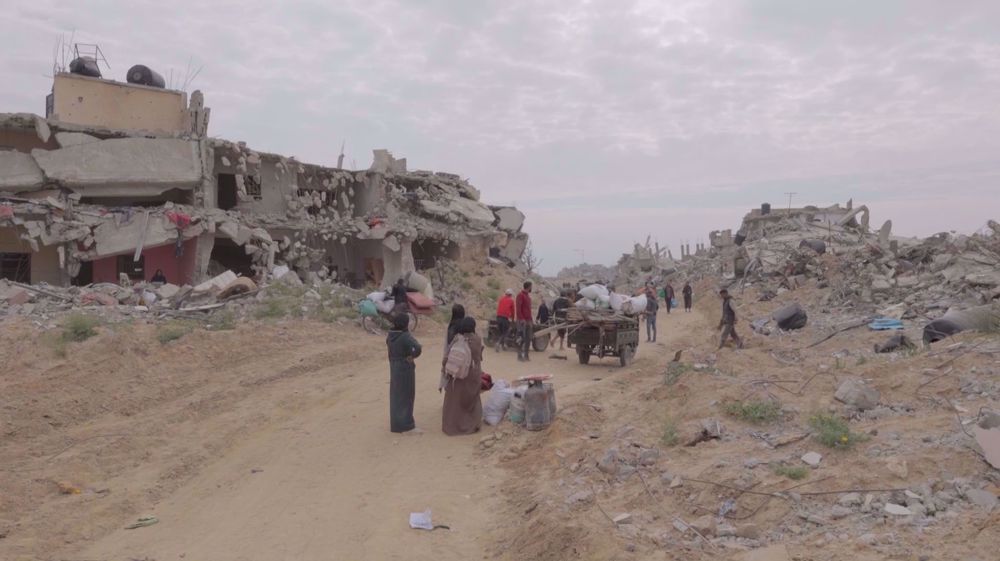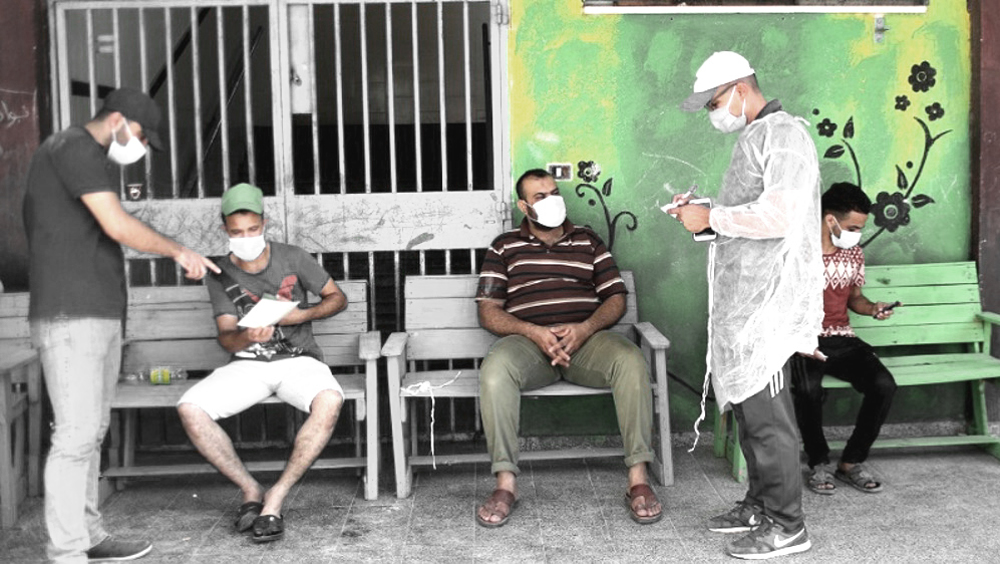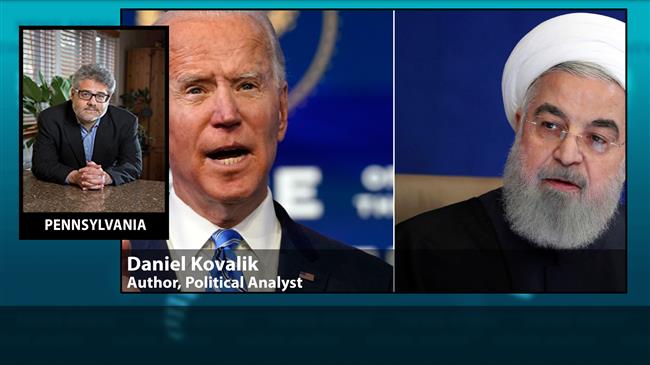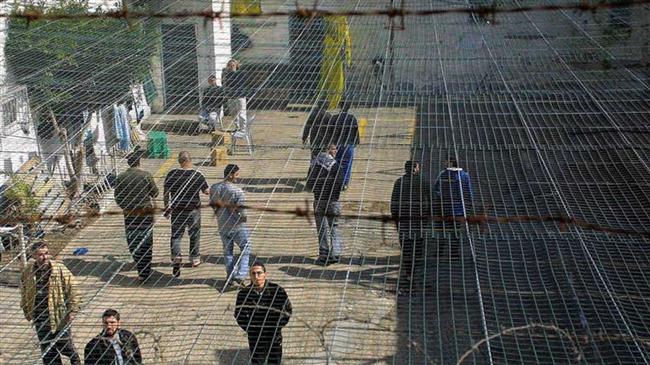Biden won’t change Trump’s policies toward Israeli-Palestinian conflict, researcher tells Press TV
A French researcher has argued that US President Joe Biden will not make any meaningful changes to the country's policies on the Israeli-Palestinian conflict despite being critical of some of the previous administration’s approaches towards the Palestinians.
Speaking with Press TV, Romuald Sciora, a research associate at the French Institute for International and Strategic Affairs (IRIS), predicted that Biden will not fight against a pro-Israel Congress and establishment.
“All of their policies in the [Middle East] region are based on viewing [issues] from Israel’s perspective,” he maintained.
The Biden administration pledged its “unwavering commitment” to the Israeli regime days after it replaced the administration of Trump, a close ally of Israel.
According to US National Security Council spokesperson Emily Horne, Israel was reassured of the Biden administration’s commitment in a phone call between national security advisor Jake Sullivan and his Israeli counterpart Ben Shabbat.
“Mr. Sullivan reaffirmed President Biden’s unwavering commitment to Israel’s security and expressed appreciation for Ben Shabbat’s contributions to our bilateral partnership,” Horne said in a statement on January 24. “Mr. Sullivan confirmed the United States will closely consult with Israel on all matters of regional security.”
Under Donald Trump, the US recognized Jerusalem al-Quds as Israel’s capital and championed the so-called “deal of the century” with the declared aim of resolving the Israeli-Palestinian conflict. The deal, however, has been denounced by Palestinians as the “slap of the century”, the “fraud of the century”, the “steal of the century”, and the “joke of the century”.
Trump also forged normalization agreements between Israel and four Arab countries, including the United Arab Emirates (UAE), Bahrain, Morocco and Sudan during his final months in office. The deals, known as the “Abraham Accords”, were censured by Palestinians as yet another stab in their back.
On Tuesday, the White House stated that the normalization deals cannot replace peace negotiations with the Palestinians.
In his first official news conference, State Department spokesman Ned Price said while the Trump administration’s work to broker the normalization deals is welcomed as progress, advancing peace between Israel and the Palestinians remains a priority.
“While we support normalization between Israel and countries in the Arab world, it’s also not a substitute for Israeli-Palestinian peace, and that’s very important," Price said.
During the news conference, Price also criticized the Trump administration’s aid cuts to the Palestinians, saying the decision has only harmed innocent Palestinians.
“The suspension of aid to the Palestinian people has neither produced political progress nor secured concessions from the Palestinian leadership,” he said.
The spokesman made it clear, however, that the resumption of such aid did not indicate that the US was working in favor of the Palestinians.
“We’re not doing that as a favor, but because it’s in the interest of the United States to do so,” Price stressed.
Sciora, who is also a former president of the French-American Global Forum, told Press TV that the Biden administration will only take "symbolic actions" with regard to the Palestinians.
“Don’t expect any important changes from the US regarding Palestinians,” he emphasized.
“There will be some symbolic actions, but many of Trump’s policies that continue to negatively affect [the Palestinians] will remain intact,” he added.
Sciora also said pro-Palestinian lobbies in Washington are important in advancing the Palestinian cause.
“With their help and a possible future Labor government in Israel, we may see some [change] in US policy,” he continued.
The French researcher also criticized the White House for keeping silent on the Israeli regime’s preventing of the Palestinian people from receiving coronavirus vaccines.
“Look at what happened with the vaccine destined to the Palestinian people,” he said, adding, “The situation is just scandalous, but no protest from White House.”
On January 31, the Israeli regime publicized a plan to give 5,000 doses of the coronavirus vaccine to Palestinian frontline health workers after weeks of global pressure. The plan still leaves the general Palestinian population without access to vaccine shots.
The decision was criticized by Palestinians and human rights groups for falling short of the regime’s obligations.
“Israel’s provision of 5,000 vaccine doses to Palestinian health workers pales in comparison to the nearly five million doses it has already provided to Israeli citizens,” Omar Shakir, the Israel and Palestine director for Human Rights Watch, told CNBC following the announcement.
“Israel’s duties under international law after more than 50 years of occupation with no end in sight far exceed just offering some vaccines when it has the capacity,” Shakir said.
IRGC Navy seizes two fuel smuggling vessels in Persian Gulf
Iran march into AFC Futsal Asian Cup final with win over Iraq
Hamas slams latest Israeli strikes on Gaza, says Netanyahu aims to derail truce
UN group denounces EU’s ‘illegal’ designation of Iran’s IRGC
Russia hopes US ‘resorts to wisdom’ amid tensions with Iran
VIDEO | Press TV's news headlines
Palestine Action activists exonerated
Russia, Ukraine hold talks after ‘productive’ opening session
















 This makes it easy to access the Press TV website
This makes it easy to access the Press TV website